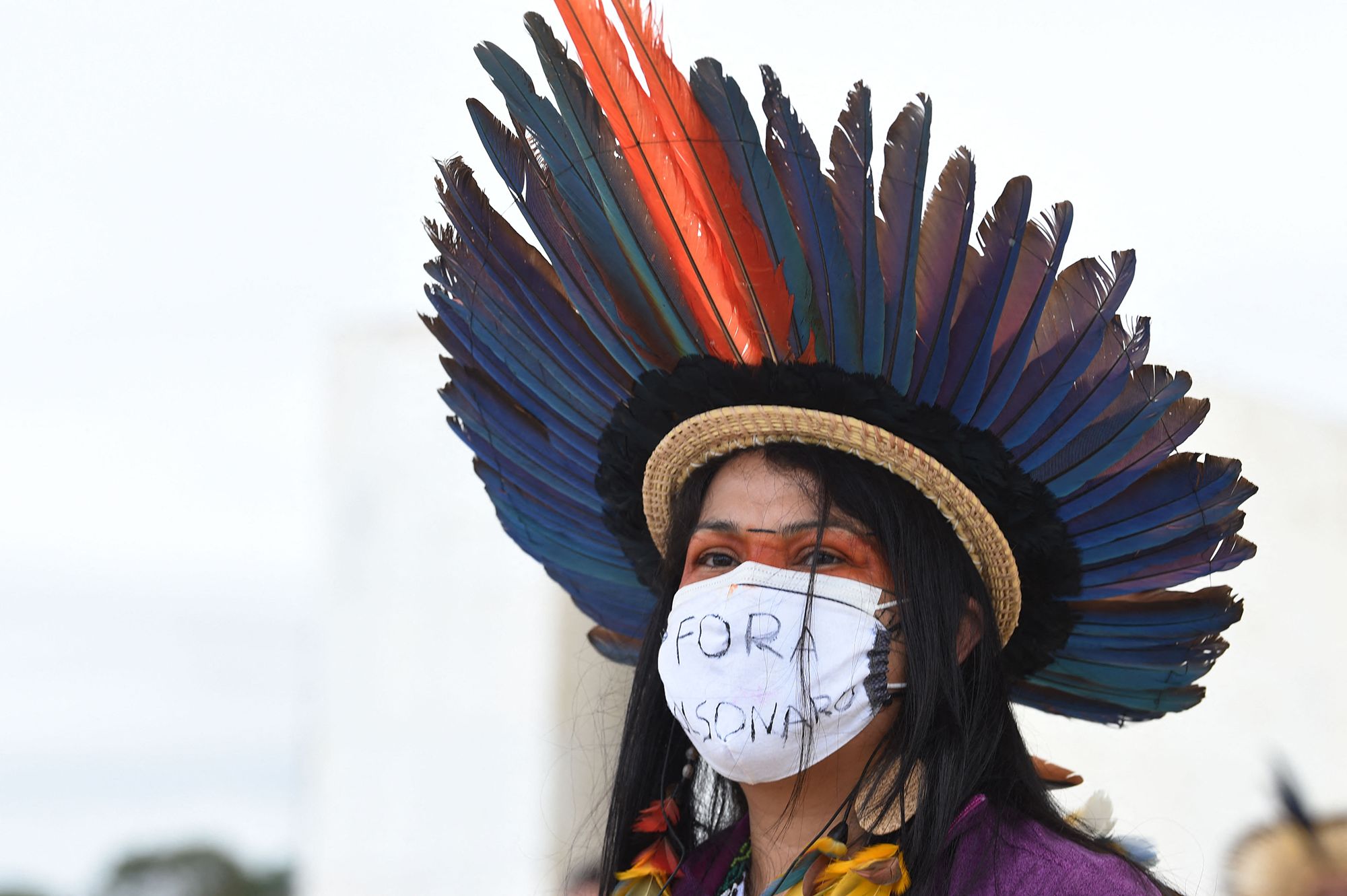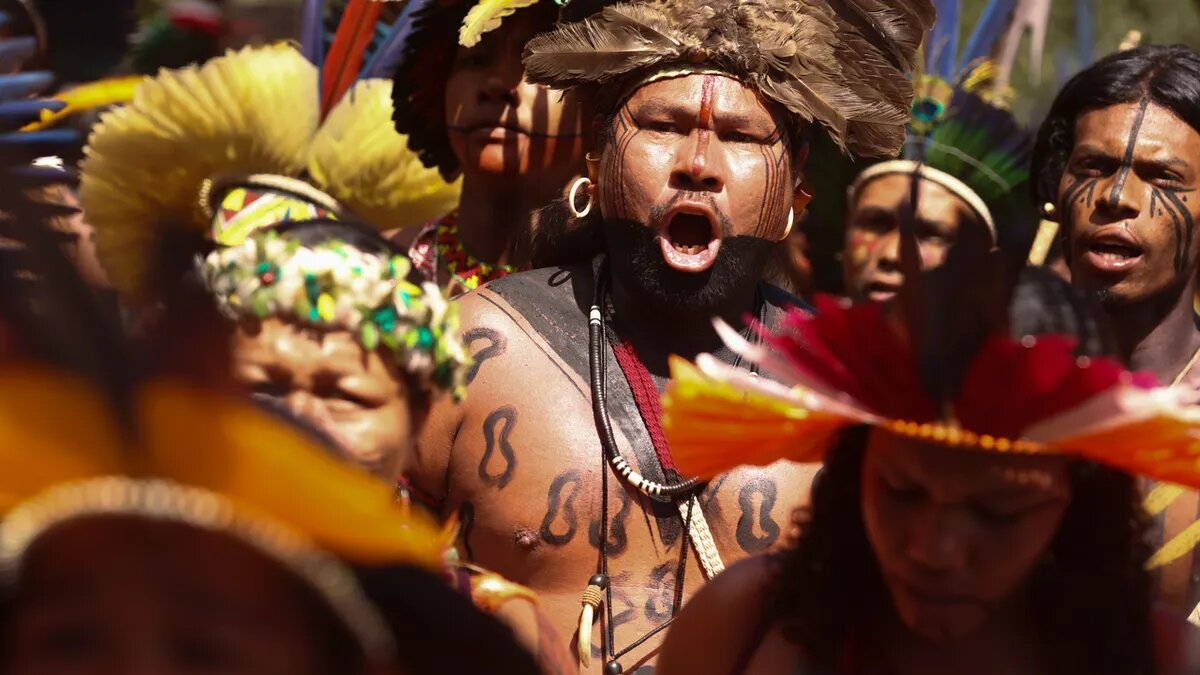Thousands of Indigenous individuals have convened in the heart of Brazil’s capital, Brasilia, to voice their discontent against President Luiz Inácio Lula da Silva’s perceived failure to honor his commitments regarding the creation of reserves and the removal of illegal miners and land encroachers from Indigenous territories.
The 20th Free Land Camp, an annual weeklong gathering of Indigenous communities, has taken on a tone of holding Lula’s administration accountable for its actions.
Despite the recent establishment of two new reserves, falling short of the promised six, Indigenous groups remain unsatisfied.

Lula attributed the delay in naming additional reserves to the requests of state governors and the necessity of finding alternative areas for approximately 800 non-Indigenous individuals who would be displaced upon the demarcation of new territories.
An open letter from the Articulation of Indigenous Peoples of Brazil, directed at the government’s legislative, judicial, and executive branches, vehemently emphasizes the non-negotiable nature of Indigenous rights and denounces any attempt to undermine them.
According to the Socio-Environmental Institute, there are currently 251 territories awaiting recognition by the federal government.

Alessandra Korap, a prominent Indigenous leader of the Munduruku tribe, expressed deep disappointment with the government’s actions, particularly its limited progress in demarcating lands.
Despite Lula’s electoral promise to prioritize Indigenous land rights, opposition from the influential agribusiness sector, backed by numerous congressional seats and several state governors, presents a significant obstacle.
Approximately 8,000 protesters have converged in Brasilia, enduring lengthy bus journeys to participate in the camp’s activities, which include traditional ceremonies, the sale of handicrafts, debates, and political demonstrations.
The Indigenous community’s collective voice resonates in their call for justice and the protection of their ancestral lands.
